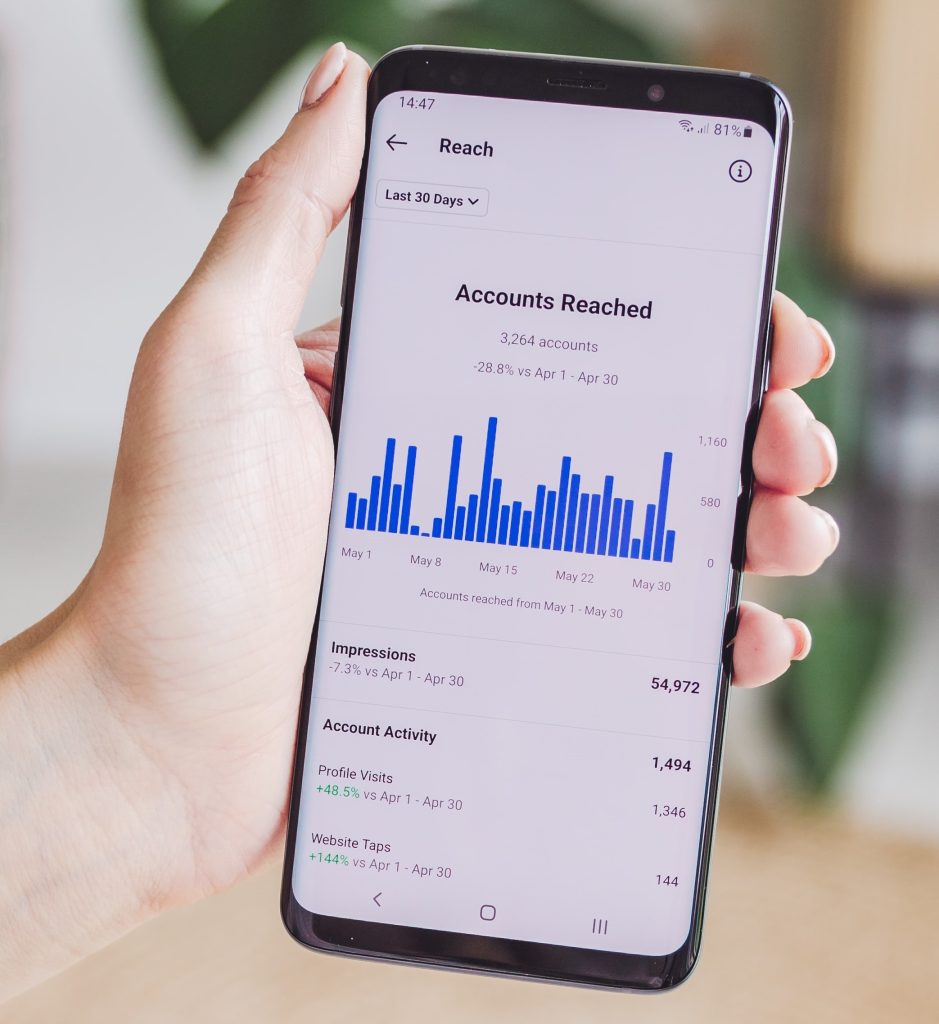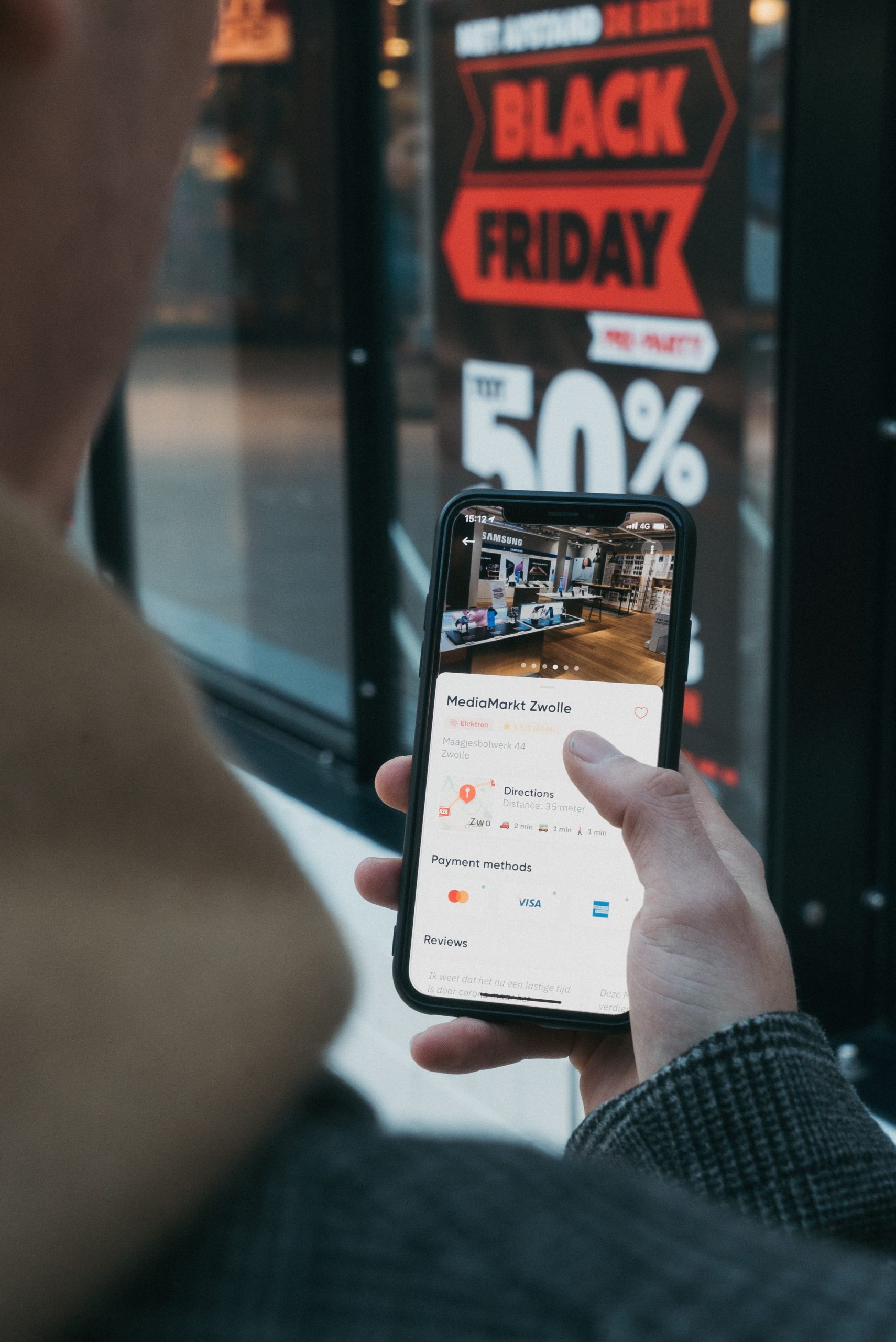How we present ourselves online is very important to a lot of us. Our likes and followers are a big part of this. The higher the levels of engagement on what we post, the more popular we seem. The more people choose to follow our online presence, the more appreciated and fulfilled we feel. But what if you aren’t getting that engagement? What if you don’t have the like and follow numbers you want? Do you dream of the clout you would have if you had 1000 more followers than your friends? Well you can just buy them! For just a few dollars you could have the follower numbers of your dreams within the day! Seems a bit too good to be true though, doesn’t it?
How does it work?
There are a multitude of companies online offering to boost your engagement numbers for seemingly reasonable prices. You can buy followers for a variety of social media platforms, likes for particular posts on these platforms, even comments and shares if you want to get in-depth. There are a variety of methods these companies use to give social media users this service. Firstly, they can use bots: automated programs used to engage in social media and mimic real users. Secondly, they may use real accounts run by real people, but whose sole purpose is to perform services like this and up follower and like numbers. Lastly, they can follow demographically relevant people on your behalf from your account, in the hopes that it will catch their attention and they’ll follow you back and engage with your content.
Why do people do it?
You may wonder why people would want to falsely inflate their engagement numbers on social media. For the average person, it could be part of their curated social media image. People may look at the seemingly high engagement on someone’s account and believe them to be more popular, more interesting, more successful, just because of the number of followers they have. One may believe higher numbers will boost self-esteem.
This is also the case for aspiring influencers, but they have the added motivations of algorithm and sponsorship manipulation. On many platforms, when the algorithm sees your account or your post getting attention, it will boost it, showing it to more users and causing exponential growth on engagement. If your like and follow counts are low, the algorithm may overlook you. The phrase “fake it til you make it” works here. Companies looking for sponsorship opportunities with influencers will also look at someone’s engagement on their social media accounts to determine whether to work with them or not. The higher the like and follower numbers, the more lucrative the sponsorship can be.
And it’s not just individuals. Companies also often buy likes and followers for their business’s social media pages. The above mentioned algorithmic challenges also apply to them, but their company image is also very important. A business with high social media engagement will seem not only more popular, but also more successful and legitimate. Consumers obviously prefer to shop from places whose service and quality they can trust. If they see high follower numbers, they can assume they are buying from a trustworthy business that others approve of.

So what’s the catch?
Well, for a start, many social media platforms prohibit this false inflation, and may penalise or remove accounts permanently. Additionally, they’re ability to identify and remove bots or otherwise misused accounts from their platforms is improving. You may waste your money on followers that will just disappear.
So, bad enough if the social media platforms catch you doing this, but what about everyone else? You often see gossip online shaming influencers for faking their engagement numbers, judging them for their deception and desperation for popularity. And in some places the damage isn’t just emotional. Recently “the Dutch consumer and markets authority ACM has confronted six Dutch so-called influencers for using fake likes and followers to bolster their sales“. How long before consumer groups in other countries start cracking down too?
And, of course, the companies you’re buying likes and followers from have questionable legitimacy. Scammers offering increased social media engagement online are widespread, and can wring a lot of money out of people for nothing in return. Do you really want to give your credit card details to someone who’s very business concept is shady?
Then we have the continuous problem of a false reality that social media perpetuates. The world we see through social media is already adjusted and filtered to perfection, and now even the people we see engaging with the content aren’t real. Even if a content creator is trying to post authenticity, we still hear from them the temptation to buy likes and followers, to keep pace with peers and stay relevant.
The above also apply to businesses who buy engagement, especially the credibility damage. However, an often unexpected consequence is also reduced success in marketing campaigns. Social media marketing often relies of detailed data relating to audience and engagement with a business. If that data is being falsified, then marketing strategies may be implemented incorrectly and campaigns can fail.

We need to shift our attitudes
All of these problems have been created by our persistent use of social media up until now. Online engagement has become so integral to our personal lives and the way businesses are run that an entire industry of questionable legitimacy has sprung up. They’re sole existence is to encourage us to further warp our sense of online identity. The more we do it, the more we’ll feel like we have to do it to stay “relevant”.
The way to resolve this is just to step away from social media as it is, and focus on the real life you’re living. Forming real relationships with real people will show how unhelpful purchasing fake online followers is. By cutting out features such as likes and followers from social media, LifeBonder is seeking to help people live their real lives with legitimate friendships and authentic and fulfilling interactions. Maybe reversing the damage caused by the concept of engagement online is possible.


